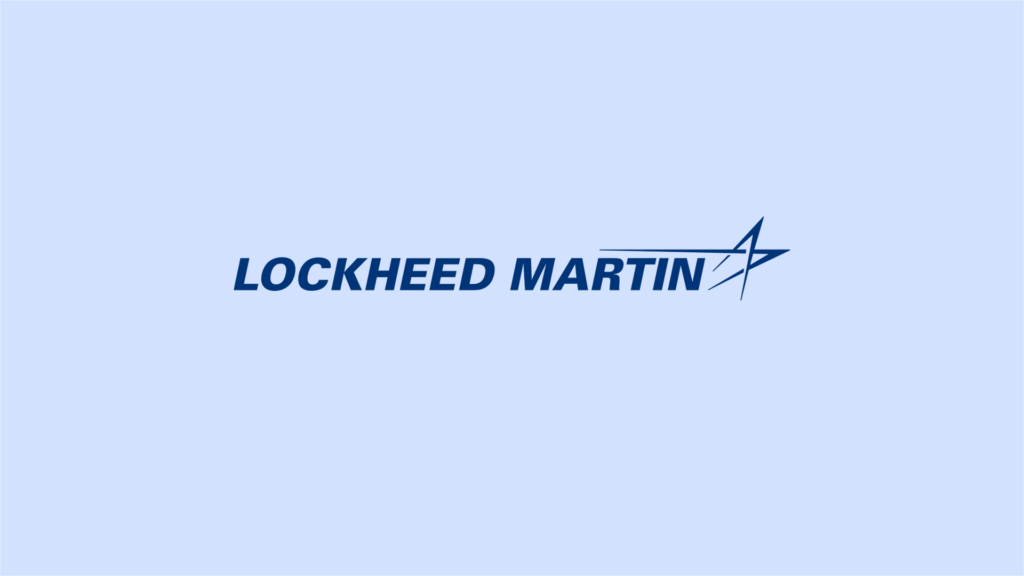As representatives of the Jewish community in the investment arena, JLens is actively involved in the shareholder advocacy process. While JLens engages in dialogue with corporations throughout the year, in the springtime most publicly traded companies hold their annual shareholder meetings. This period is known as proxy season and it is when shareholders have the opportunity to vote on issues affecting the company. As we approach proxy season 2024, we want to help you understand how this arena functions and why JLens engages in advocacy on behalf of Jewish investors.
Shareholder Advocacy & Faith-Based Investing
What is shareholder advocacy?
Shareholder advocacy leverages the power of stock ownership in publicly-traded companies to promote corporate change. This advocacy can take the form of a dialogue between shareholders and the company or shareholders may file a resolution under guidelines set by the U.S. Securities and Exchange Commission (SEC).
What is faith-based investing?
Faith-based investing is just like any other type of investment philosophy, in that it aims to maximize investor returns. Where it does differ from traditional, secular investment plans is how individual investors choose their investment professionals and vehicles. Individuals who invest using faith-based principles often choose managers, companies, and investments that align with their own religious values. That’s why this strategy is also called values-based investing.
What role do faith-based investors play in the shareholder advocacy space?
Faith-based investors have been actively involved in the shareholder advocacy spaces for more than 25 years–submitting upwards of 30% of all proposals each year. Organizations like the Interfaith Center on Corporate Responsibility (ICCR) facilitate the filings of many of these faith-based shareholder resolutions.
Shareholder Resolutions
What is a shareholder resolution or shareholder proposal?
A shareholder resolution is a 500 word request submitted to a company by a shareholder, subject to SEC requirements, asking the company to address a material issue. Resolutions, interchangeably called proposals, are a powerful way to encourage corporate responsibility and discourage practices that are unsustainable, unethical, or increase exposure to risk.
What is a successful shareholder resolution?
The goal of a shareholder resolution is to influence company decision making; success is measured by changes in corporate policy and actions. The filing of a resolution often leads to a dialogue that addresses the concerns raised in the resolution. Many companies seek to avoid a shareholder vote, preferring to project a positive image at their annual meetings.
What support level is required for a shareholder resolution to get a company to act?
If a resolution is voted on, a majority vote is not required to convince the company to make the requested change. Resolutions with more than 25% of shareholder support are difficult for companies to ignore while resolutions with 35% or more support send a clear message to corporate management that the current company policy is not appropriate or is not beneficial to shareholder interests.
Are shareholder resolutions binding?
Shareholder resolutions are non-binding or “precatory,” meaning the company is not required to comply regardless of the vote results. However, as noted above, high levels of support from shareholders will result in pressure on the company to take action.
Are there anti-Israel shareholder resolutions?
In prior years, certain shareholder proposals that contained offensive and inflammatory anti-Israel language (e.g. alleging apartheid, war crimes, etc.) secured the support of proxy advisors and large institutional investors.
Are there antisemitic shareholder resolutions?
In addition to including language that attempts to delegitimize Israel, the world’s only Jewish state, in previous years there have been shareholder proposals containing white supremacist conspiracy theories and antisemitic dog-whistles.
Are other types of shareholder resolutions relevant to the Jewish community?
There are resolutions filed on a wide range of topics each year, many of which are relevant to Jewish values and Jewish community concerns. In fact, since 2012, JLens has filed shareholder proposals aiming to combat anti-Israel bias, reduce food waste, address water pollution, eliminate foam packaging, assess climate impact, address unequal pay, and report on opioid-related risks and drug pricing.
Proxy Voting
What is a proxy vote?
The term proxy vote refers to a ballot cast by a single person or firm on behalf of a corporation’s shareholder who may not be able to attend a shareholder meeting, or who may not choose to vote on a particular issue. Shareholders receive a proxy ballot in the mail along with an information booklet called a proxy statement, which describes the issues to be voted on during the meeting. Shareholders vote on shareholder resolutions and a variety of management issues including the election of board members, merger or acquisition approvals, or approving a stock compensation plan.
What is a proxy advisory firm?
Proxy advisory firms provide institutional investors with research and data, as well as recommendations on management and shareholder proposals that are voted on at an organization’s annual and special meetings.
When does proxy voting occur?
Each year, public companies are required to hold an annual meeting of shareholders. The timing of meetings vary depending on the company’s fiscal year with around 80% of annual meetings held between April and June. As part of being a public company, shareholders have the right to submit proposals to a company for inclusion on the proxy ballot.




